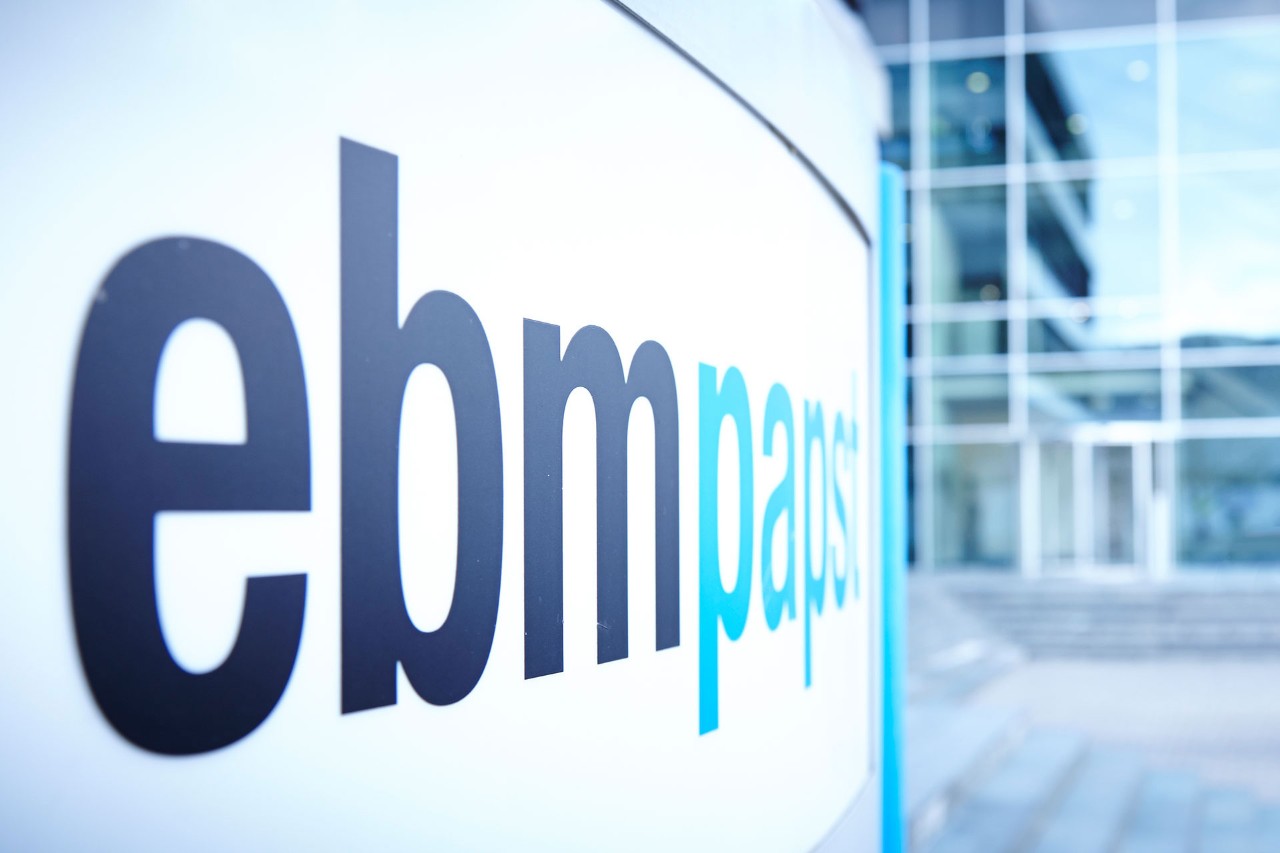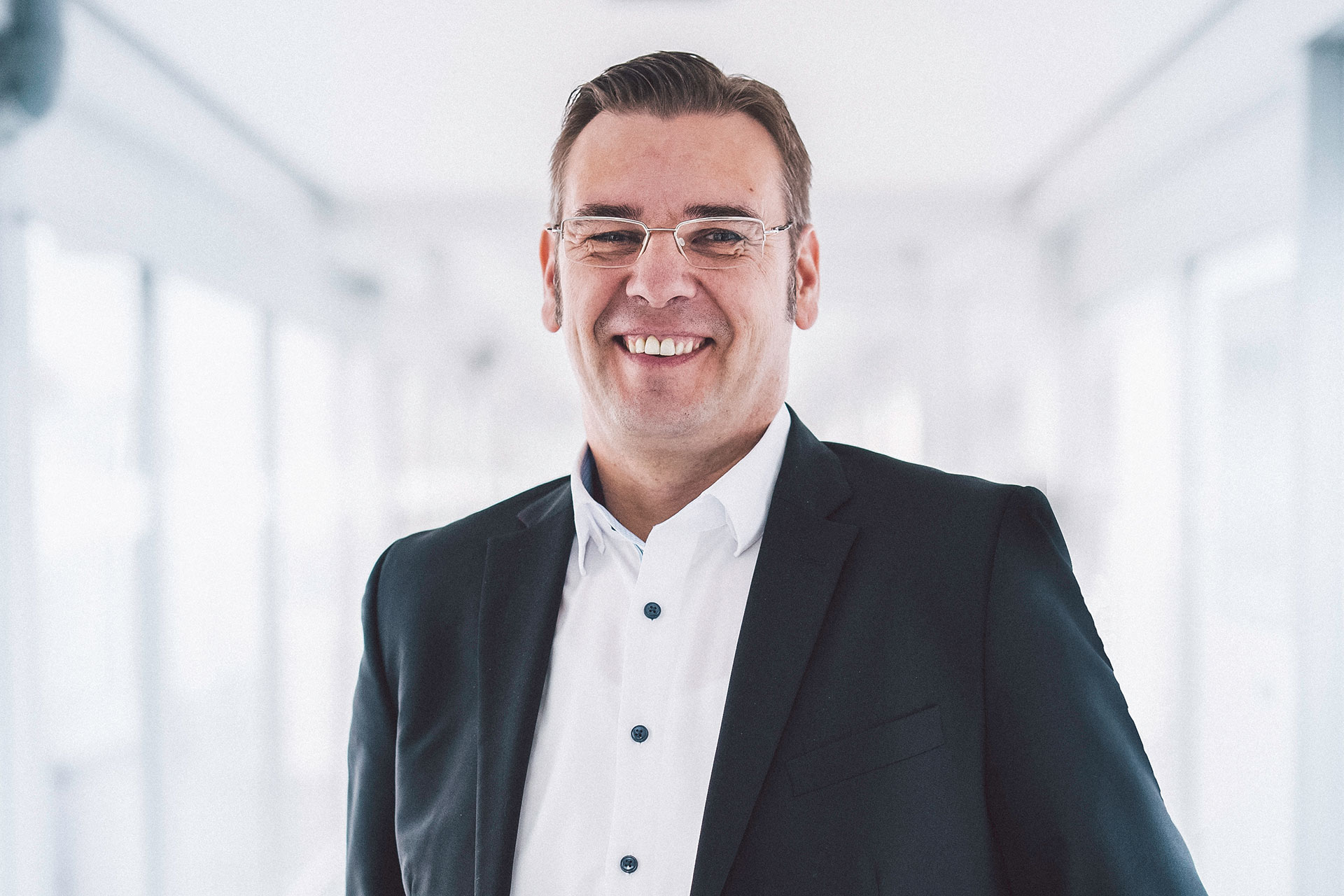Students of the Cooperative State University of Baden Wurttemberg in Mosbach (DHBW Mosbach) may have developed and designed the world’s fastest tunnel boring machine. The public was given the first chance to see it on 16 August. In the presence of about 150 sponsors and guests of honor, the students not only celebrated their technical and creative achievement, but were also finally given good news from Berlin: Their planned trip to the USA to take part in the competition in September has been given the green light.
It took the students about 12 months from first idea to finishing their so-called Dirt Torpedo. Their design is now set to compete against 11 other teams in the global “Not-a-Boring Competition” sponsored by Elon Musk which is going to take place in the Californian Mojave desert. “The key criteria for scoring points are how fast and precise the tunnel is bored. All participants should best the existing speed of the tunnel boring machines which, so far, move along even slower than a snail”, says team manager Adrian Fleck. Eager to take up this challenge, the students developed new technological approaches in terms of propulsion and removal of excavated material, as well as for the concrete formwork and navigation – thus reaching a speed of about 5.4 meters per hour, which is a whole meter more than what a snail manages to go.
In a formal ceremony at the logistics hub of fan specialist ebm‑papst in Mulfingen, the almost 4-meter long tunnel boring machine was shipped off to the USA. Thomas Wagner, CEO of the ebm‑papst Group which is one of the key sponsors of this project, welcomed a host of guests from politics, science and industry in Mulfingen: “In Germany as industrial location, we need fresh, curious and promising young engineering talents such as the Dirt Torpedo team. Excellently trained in the dual scheme both in the companies and at the DHBW, they are pushing forward, boosting the innovative spirit our country is famous for”, stated Wagner.
Peter Hauk MdL, Baden Wurttemberg’s Minister of Nutrition, Rural Affairs and Consumer Protection, stressed the importance of such a project for all involved: “Young people are motivated to push change processes and to shape the future with innovative ideas. It is sensational what the students from the DHBW Mosbach have come up with and their design is a poster child for our rural area. After all, not everybody can claim to be among Elon Musk’s chosen few. It is my hope that many of our students show the same sort of commitment to their cause and, in doing so, sustainably strengthen the companies in our state and country.”
“Thanks to the support of our sponsors, we are now ready for action”, says Fleck. “However, they did not just provide money, they also lent their expert and emotional support.” The fundraising campaign of the “Pro-DHBW Mosbach” foundation saw about 40 companies and sponsors unite to ensure this high tech competition could be entered, at the same time boosting students’ interest in MINT subjects.. “Without the phenomenal support from donors and sponsors, we could not have realized this project”, says Gerhard Lauth, managing Director of the Pro DHBW Mosbach foundation. He is happy to see small companies and big players united in their enthusiasm for this project. “Their support is extraordinary, it has really spurred us on tremendously.”
The past few weeks were quite nerve-wrecking for the team. Apart from last-minute optimizations, they also had to deal with customs clearance, for which ebm‑papst lent their support. “Each component must be listed – and my team was making changes up until the very last moment”, Fleck admitted to the guests with a mischievous grin. The biggest challenge, however, was not transporting the machine itself, it turned out to be getting the team to the US. American authorities consider the entire Schengen zone as Corona high risk zone, from which immigration is only granted in exceptional circumstances, on the basis of the so-called “National Interest Exception”( NIE ). The multi-level application procedure saw Member of the Bundestag Nina Warken and Head of the Chancellor’s Office Dr. Helge Braun support and vouch for the team. It was at the very end of the ceremony, just as friends and sponsors were gathered around the machine to take pictures and listen to technical details being explained, that the good news came through: The entire team behind Adrian Fleck and the Dirt Torpedo is given immigration clearance! “This is a genuine immigration thriller, and without help from federal politicians, there might not have been a happy end!” was how Gerhard Lauth summed up the situation.
Having made it into the finals in a field of 400 applications, the small student team of the DHBW Mosbach are on an equal footing with internationally renowned universities such as the TU München, the ETH Zürich, the University of Warwick (UK) or the Massachusetts Institute of Technology (MIT). Prof. Dr. Gabi Jeck-Schlottmann, Chancellor of the DHBW Mosbach, is already bursting with pride: “In this globally unique competition, our students are the face of Germany. With their technical performance, drive and enthusiasm, they demonstrate to the world just what enormous innovative power there is in our dual course of study, the cooperative scheme.” The team is made up of students doing mechanical engineering, electrical engineering or informatics at the DHBW locations Mosnach and Ravensburg, as well as the TU Darmstadt, thus bringing their different perspectives and focus to the table.”
Apart from enthusiasm and expertise, the more than 30 sponsors invested about € 200,000 in direct funds and €300,000 in material donations and services in the project. The sponsors include: The State of Baden Wurttemberg and companies such as Bürkert, ebm‑papst, FFT, Alethia Group, The State of Baden Wurttemberg and companies such as Bürkert, ebm‑papst, FFT, Alethia Group, element six, Herrenknecht, Himmelmann, Interroll, Lütze, Mosca, Moxa, MPDV Mikrolab, Pink, Putzmeister, RSP America, Sika, Thomson, Wassermann, Wayss & Freytag, WIKA, Wittenstein and Würth. The team is also holding PROMOS scholarships from the Deutscher Akademischer Austauschdienst (DAAD) subsidized by the Federal ministry of Education and Research (BMBF). Donations and idealistic support were given to the team by the DHBW, Siemens, the Fulda, region the ‘Pro DHBW Mosbach’ foundation and the professors of mechanical engineering, Dr.-Ing. Gangolf Kohnen, Dr.-Ing. Manuel Ludwig and Vice-Dean Dr.-Ing. Michael Schrodt of the DHBW Mosbach.

